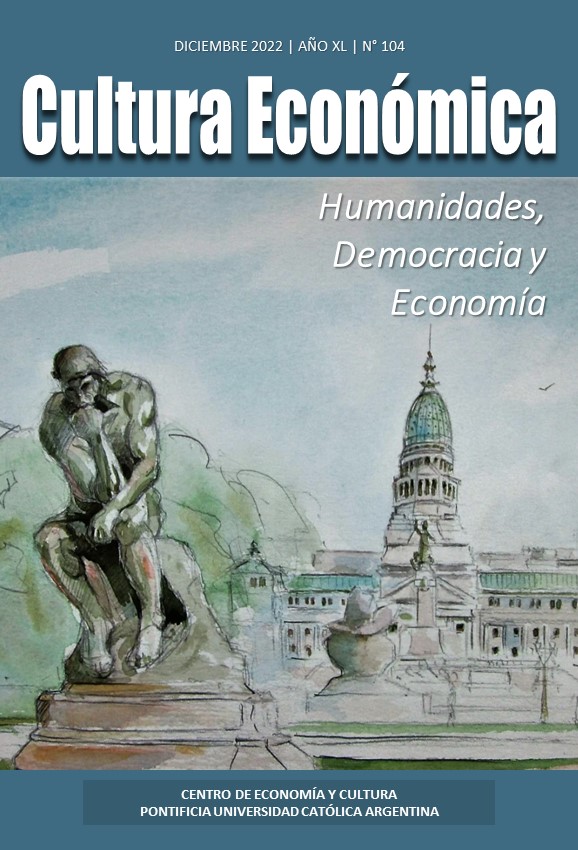The happiest countries in the world
DOI:
https://doi.org/10.46553/cecon.40.104.2022.p94-109Keywords:
HAPPINESS, WELL-BEING, POVERTY, DEVELOPMENTAbstract
This essay discusses the results of the World Happiness Report 2022. There are no surprises in the report. The happiest countries in the world have been the same for years: rich and relatively egalitarian countries. But we must not draw hasty conclusions, nor convert the subjective indicator of well-being into an exclusive objective of development. In fact, poor countries with marked social problems also show good results in the happiness index. In short, it is a useful indicator, but it is necessary to know its limits.Downloads
References
Cortina, A. (2006). Por una ética del consumo. Taurus.
Damasio, A. (2018). The Strange Order of Things: Life, Feeling, and the Making of Cultures. Pantheon Books.
Haidt, J. (2006). The Happiness Hypothesis: Finding Modern Truth in Ancient Wisdom. Basic Books.
Helliwell, J. F., Layard, R., Sachs, J. D., De Neve, J.-E., Aknin, L. B., & Wang, S. (eds.). (2022). World Happiness Report 2022. Sustainable Development Solutions Network.
Marmot, M. (2015). The Health Gap: The Challenge of an Unequal World. Bloomsbury Press.
Rawls, J. (2001). Justice as Fairness: A Restatement. Belknap Press.
Rawls, J. (2005). A Theory of Justice. Belknap Press.
Wilkinson, R., & Pickett, K. (2019). The Inner Level: How More Equal Societies Reduce Stress, Restore Sanity and Improve Everyone's Well-Being. Penguin Press.
Downloads
Published
How to Cite
Issue
Section
License













